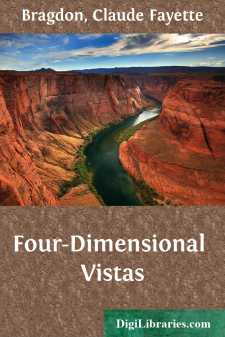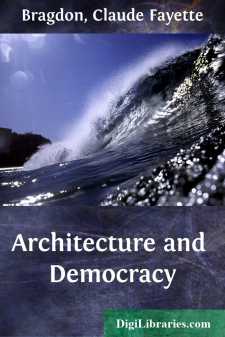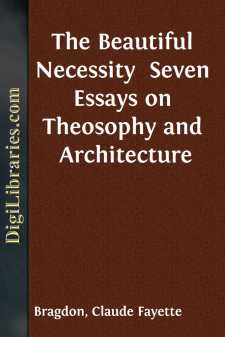Categories
- Antiques & Collectibles 13
- Architecture 36
- Art 48
- Bibles 22
- Biography & Autobiography 813
- Body, Mind & Spirit 142
- Business & Economics 28
- Children's Books 17
- Children's Fiction 14
- Computers 4
- Cooking 94
- Crafts & Hobbies 4
- Drama 346
- Education 46
- Family & Relationships 57
- Fiction 11829
- Games 19
- Gardening 17
- Health & Fitness 34
- History 1377
- House & Home 1
- Humor 147
- Juvenile Fiction 1873
- Juvenile Nonfiction 202
- Language Arts & Disciplines 88
- Law 16
- Literary Collections 686
- Literary Criticism 179
- Mathematics 13
- Medical 41
- Music 40
- Nature 179
- Non-Classifiable 1768
- Performing Arts 7
- Periodicals 1453
- Philosophy 64
- Photography 2
- Poetry 896
- Political Science 203
- Psychology 42
- Reference 154
- Religion 513
- Science 126
- Self-Help 84
- Social Science 81
- Sports & Recreation 34
- Study Aids 3
- Technology & Engineering 59
- Transportation 23
- Travel 463
- True Crime 29
Claude Fayette Bragdon
Claude Fayette Bragdon (1866–1946) was an American architect, writer, and stage designer known for his innovative ideas in architecture and theosophy. He authored numerous books on design, mysticism, and metaphysics, including "The Beautiful Necessity" and "A Primer of Higher Space". Bragdon advocated for the integration of geometry and spiritual philosophy in his architectural works, pioneering the concept of "fourth-dimensional" design. His influence extended beyond architecture, as he also contributed to the stagecraft of theatrical productions with his advanced lighting and set designs.
Author's Books:
Sort by:
I THE QUEST OF FREEDOM THE UNDISCOVERED COUNTRY Expectancy of freedom is the dominant note of to-day. Amid the crash of armies and the clash of systems we await some liberating stroke which shall release us from the old dreary thralldoms. As Nietzsche says, "It would seem as though we had before us, as a reward for all our toils, a country still undiscovered, the horizons of which no one has yet...
more...
I BEFORE THE WAR The world war represents not the triumph, but the birth of democracy. The true ideal of democracy—the rule of a people by the demos, or group soul—is a thing unrealized. How then is it possible to consider or discuss an architecture of democracy—the shadow of a shade? It is not possible to do so with any degree of finality, but by an intention of consciousness upon this...
more...
I THE ART OF ARCHITECTURE One of the advantages of a thorough assimilation of what may be called the theosophic idea is that it can be applied with advantage to every department of knowledge and of human activity: like the key to a cryptogram it renders clear and simple that which before seemed intricate and obscure. Let us apply this key to the subject of art, and to the art of architecture in...
more...




